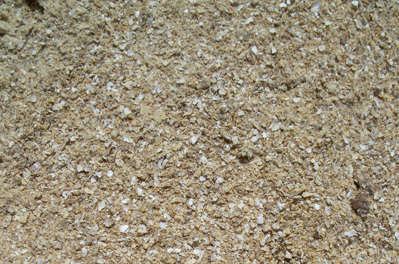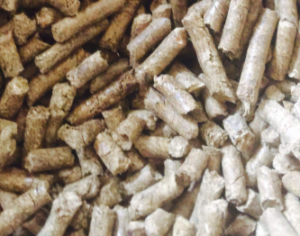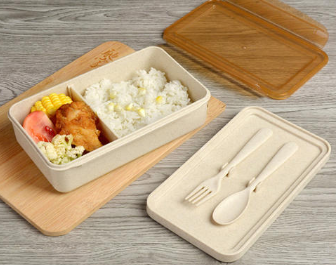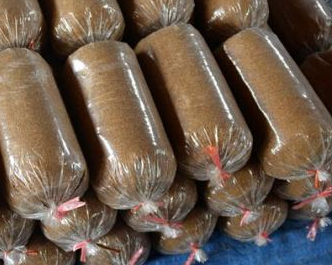Peanuts are the main oilseed crops and commercial agricultural products in the world. At present, the proportion of peanut consumption is approximately 50% to 60% of the pressed oil, and 15% to 25% of the food processed directly from peanuts is used for deep processing, and the export volume is 3% ~ 5%. The seeds reserved for seeds account for 6% ~ 8%. Peanuts have become an important source of edible oil and protein.
Peanut shell is a byproduct in peanut butter production line, peanut shell are removed by a peanut shelling machine, it is about 30% of the quality of peanut. With an annual output of nearly 4 million tons of peanut husks in China, only a few of these peanut husks are used for feed and fuel, and most of them are thrown away in vain, causing a huge waste of resources. According to reports, the largest component of peanut shell is crude fiber, with a content of 65.7% ~ 79.3%. Peanut shell also contains some vitamin B, sitosterol, carotene, saponin, xylose and other medicinal ingredients. Can extract some important chemical raw materials, such as acetic acid, furfural, acetone, methanol, phenanthrene, etc.


Peanut Shell Application
1. Raw materials for food processing. Peanut shells are used as raw materials for food processing in fermentation production. For example, peanut shells can be used to make edible soy sauce. The method is to wash selected peanut shells, grind them into powder, and wet them with water. Steamed, then mixed with cultured bacteria, and then processed by fermentation, pressing and other processes to obtain edible soy sauce with rich nutrition and unique flavor.
2. Edible fungus culture material. Peanut shell can be used as the culture material of edible fungi such as Pleurotus ostreatus, straw mushroom, shiitake mushroom, chicken leg mushroom, enoki mushroom. The production of edible fungi with peanut shells is more than double the yield of cottonseed husks, husks, wood chips, straw, etc., and the nutritional content of edible fungi is in the crude fiber content, crude protein content and nitrogen-free extract In terms of proportion, peanut shells are preferred.
3. Extracting peanut flavor substances. Peanut flavor substances with strong peanut flavor can be extracted from peanut shell powder with ethanol, with an extraction rate of up to 16%, which has certain practical application value. In addition to certain peanut flavor substances in the extract, its main components are polyphenols and a small amount of soluble sugars, because polyphenols have strong antioxidant capacity and can be presented under different acid and alkaline conditions. Different colors (from yellow to brownish yellow). Therefore, the extract is used as an additive for the production of peanut butter, peanut milk, peanut butter, peanut chocolate and other foods, which can not only increase the peanut flavor of the product, but also enhance the antioxidant and anti-corruption properties of the product and extend the shelf, At the same time, it can also play a role in coloring the product.
4. Extraction of dietary fiber. The content of dietary fiber in peanut shell is more than 60%, which is a cheap and readily available raw material for the production of dietary fiber. After removing the impurities from the peanut shell, it is repeatedly washed with water, dried and pulverized. The phytic acid is decomposed with sulfuric acid, and the protein is hydrolyzed with papain, inactivated by enzymes, filtered, decolorized, refiltered and dried. In cakes, the fiber content of food is increased, and the quality, specific volume, color and taste of bread and other foods are acceptable.


5. Manufacture of food containers. Disposable food containers made of peanut shells are low cost, non-toxic, odorless, and can be naturally decomposed into organic fertilizers in the wild. This disposable food container production process is to crush various types of plant fibers, add a small amount of additives, hardeners and adhesive plasticizers, and then form them at a low temperature and low pressure. Product strength is good, hand feel is suitable, hot water (100 ℃ boiling water does not leak or deform for 4 h), suitable for cold meals and hot drinks; strong microwave penetration ability, suitable for making microwave heated disposable tableware, also suitable for refrigerator Frozen; the product is discarded in the wild after use, and can be naturally decomposed into organic fertilizer in the natural environment, which can promote a healthy cycle of the ecosystem. The higher the temperature, the faster the decomposition rate.
6. Livestock and poultry feed and organic fertilizers. Peanut husks are rich in crude protein, crude fiber, and mineral elements required for the growth of poultry and livestock. Therefore, peanut shells can be used to make poultry feed. Peanut shells are rich in nitrogen, phosphorus, potassium, calcium, zinc, magnesium, iron and other elements. It can be used as a fertilizer for plant growth. Crush it, mix it with some chemical additives such as urea, potassium sulfate, and cow dung. Fermentation and decomposition can obtain high quality organic fertilizer.